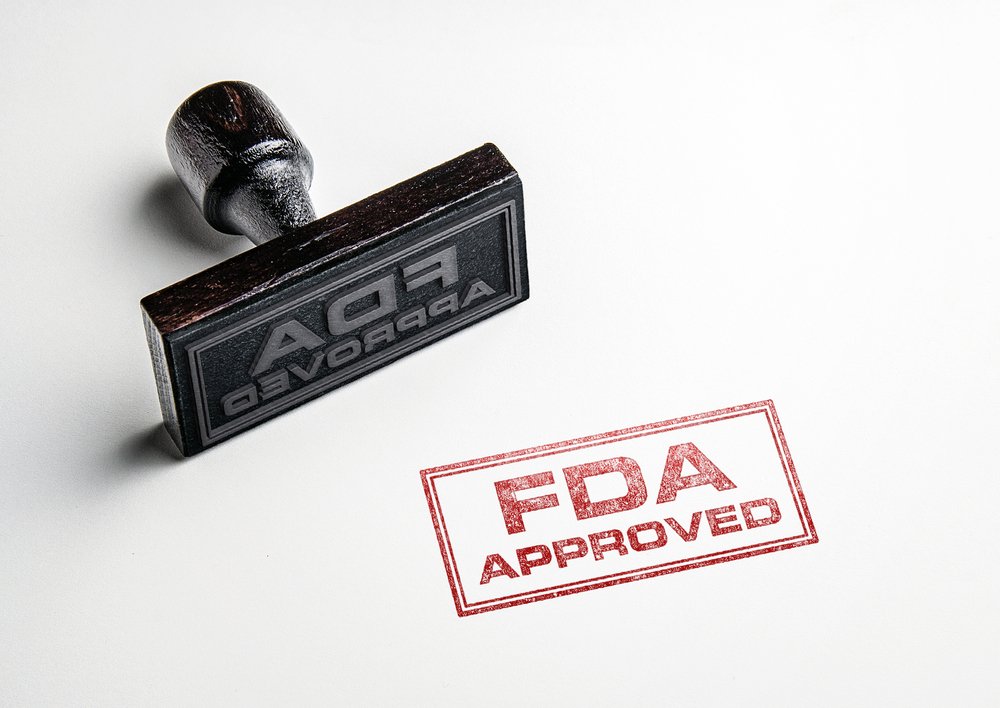FDA Approves Kalydeco for 600 CF Patients with Specific Mutations
Written by |

The U.S. Food and Drug Administration (FDA) has approved Kalydeco (ivacaftor) to treat more than 600 of the estimated 30,000 Americans with cystic fibrosis (CF), Vertex Pharmaceuticals announced.
The oral medicine may now be prescribed to CF patients ages 2 and older who have one of five residual function mutations that result in a splicing defect in the cystic fibrosis transmembrane conductance regulator (CFTR) gene, according to Vertex.
The FDA based its Aug. 1 approval on Phase 3 clinical data for Kalydeco in these mutations. This follows previous FDA approvals of the drug in May 2017 for 23 other residual function mutations. The agency’s first approval of Kalydeco was in January 2012 for 10 mutations in the CFTR gene.
Tuesday’s announcement brings the number of CFTR mutations that Kalydeco may treat to 38 out of a possible 2,000 or so known mutations in the gene. Boston-based Vertex said both 2017 FDA approvals “are supported by more than five years of real-world clinical experience” that demonstrates Kalydeco’s established safety and effectiveness.
“In the five years since Kalydeco became the first approved medicine to treat the underlying cause of cystic fibrosis, we have been relentless in our efforts to bring this important medicine to all who may benefit,” Dr. Jeffrey Chodakewitz, executive vice president and chief medical officer at Vertex, said in a press release. “We will continue to pursue this goal until all people with CF have a medicine that treats their form of this serious and life-shortening disease.”
Kalydeco is the first medicine to treat the underlying cause of CF in people with those specific CFTR mutations. It is designed to keep CFTR proteins at the cell surface open longer to improve the transport of salt and water across the cell membrane, which helps hydrate and clear mucus from the airways.
According to Vertex, the five mutations covered under the FDA’s latest approval cause CF and result in a moderate loss of chloride transport. Patients with these mutations generally experience progressive lung function decline and other complications of the disease. All five mutations were evaluated as part of the previously disclosed Phase 3 EXPAND study in which Kalydeco as a monotherapy met its primary efficacy endpoint and was generally well tolerated.
Following the FDA announcement, Vertex raised projected 2017 sales of Kalydeco to between $770 million and $800 million. It now expects total CF product revenues to reach anywhere from $1.87 billion to $2.1 billion; well over half that total will come from sales of another CF therapy, Orkambi.
Kalydeco’s discovery stems from a CF research program initiated by Vertex in 2000 as part of a collaboration with Cystic Fibrosis Foundation Therapeutics, an affiliate of the nonprofit Cystic Fibrosis Foundation, based in Bethesda, Maryland.






